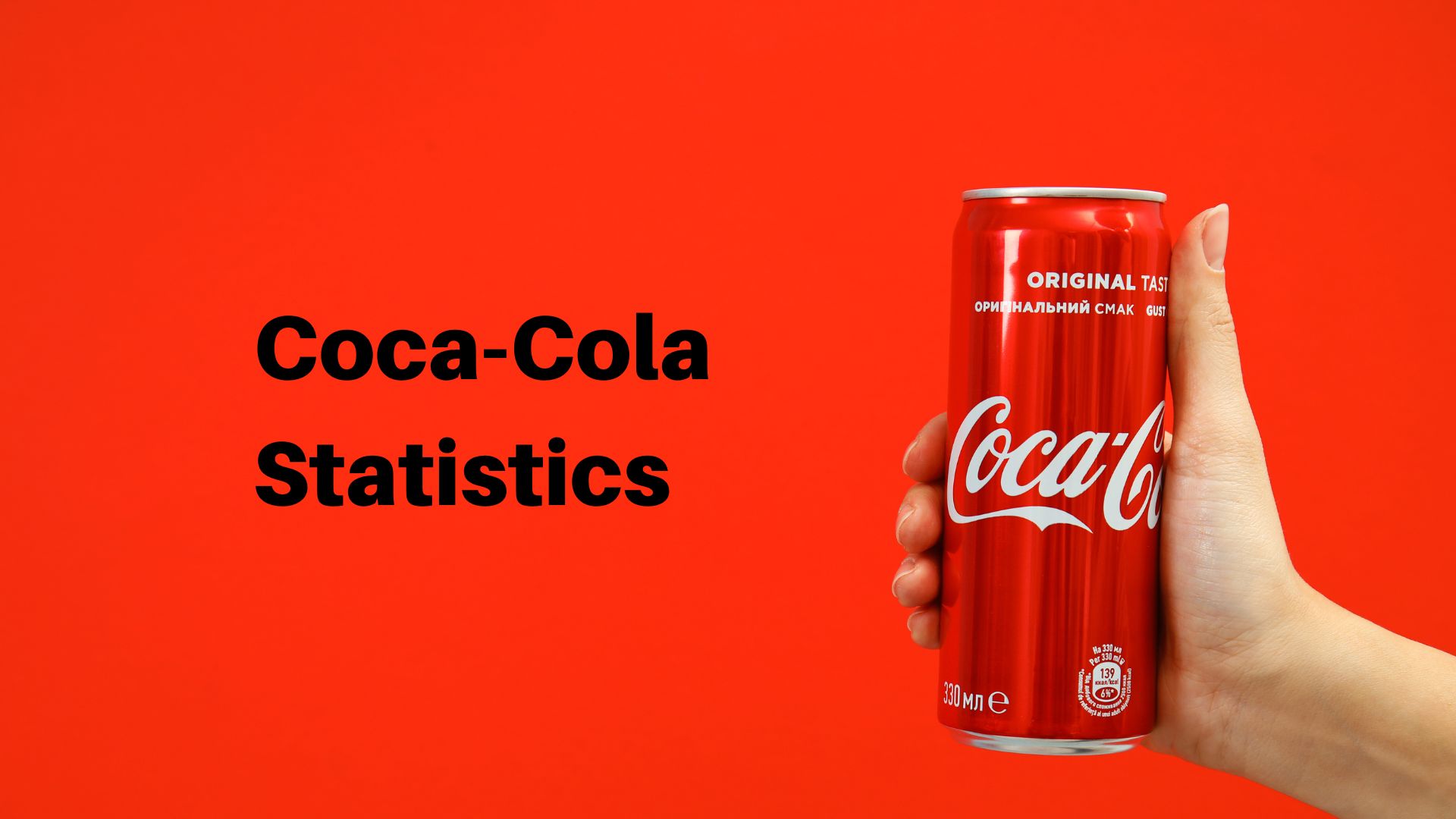PeopleSoft CAP Could Cost Oracle $1.56B
PeopleSoft's customer assurance program (CAP) could tack on an additional $1.56 billion to Oracle's current $9.4 billion offer for the rival applications company, according to a filing with the securities and exchange commission Thursday.
If the pricing devices in the CAP were triggered by a successful takeover, Oracle could pay as much as $10.96 billion for PeopleSoft, more than double the price of Oracle's initial $5.1 billion bid.
The CAP dictates that PeopleSoft customers are entitled to reimbursements of anywhere from two to five times the cost of their licensing fees should the company change hands.
This program, which analysts have come to refer to as an “unofficial poison pill,” was put in place to fend off Oracle and other would-be suitors after Oracle's first offer. But, just as Oracle has upped its ante a few times, PeopleSoft has issued four versions of the CAP, changing language to make it more difficult for Oracle to acquire them.
Under Version Four, customers will be paid if PeopleSoft is acquired within two years of the contracts customers sign. That stipulation extends to four years if the acquirer discontinues support services before the support term ends, or halts licensing PeopleSoft products to new or existing customers.
An acquirer would also be charged fees if it fails to update software
support modules for fresher applications. All a customer has to do to
receive payment is request it in writing by 2008. Version Four of the CAP is available until either March 31, or if Oracle takes its offer off the table.
The latter is highly unlikely, but for now the CAP is the least of Oracle's worries. The Redwood Shores, Calif. software maker faces an uphill battle after the Department of Justice last week said it was opposed to the bid and filed
suit in the U.S. District Court of San Francisco to halt Oracle's deal.
Assistant Attorney General R. Hewitt Pate said he considered the deal anticompetitive.
Oracle promised to challenge the DoJ's ruling on the grounds that the regulatory body's definition of the enterprise applications market is too narrow.
Clint Boulton, a senior writer at CIO, covers IT leadership, digital transformation, and the CIO role. He was a content marketer for Dell APEX. Inspire IT leaders with tales about the advantages of multi-cloud infrastructures. Dunning-Kruger bias is something that keeps IT leaders sceptical, but curious nonetheless.
The DoJ has acknowledged that only German giant SAP, Oracle and PeopleSoft are competitors in the space for providing business automation software to large organizations. Many analysts disagree.
Oracle could request help in defining the market from Microsoft, which sells
applications to the mid-market segment, but is said to be considering moving into larger segments, which would put it in competition with Oracle, PeopleSoft and SAP.
The DoJ and Oracle are expected to square off in court in June. Between now and then, Oracle still has to worry about the March 25 PeopleSoft shareholders' meeting and the ruling of the European Commission, which is analyzing the deal out of antitrust concerns. The EC is expected to conclude its scrutiny by May 11.
Read next
